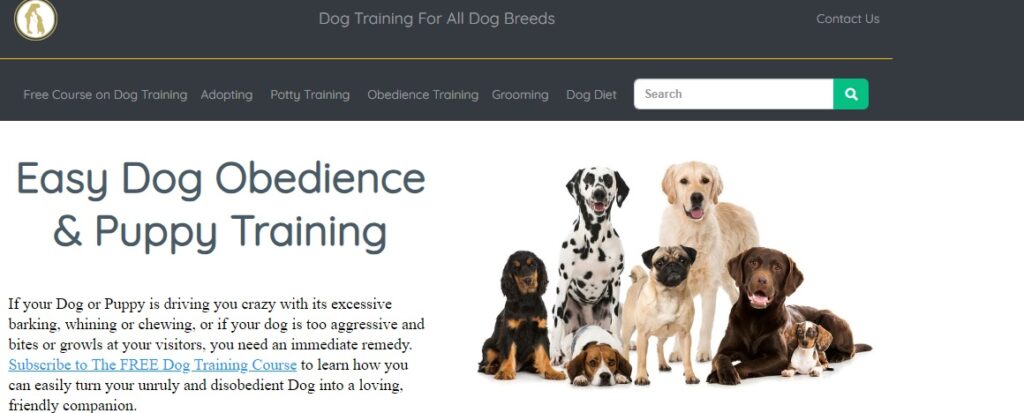
Embarking on the journey of training your furry companion is both exciting and rewarding. As your puppy’s primary teacher, you have the opportunity to shape their behavior, instill good habits, and build a strong bond that will last a lifetime. At TrainPetDog, we understand the importance of proper training in fostering a harmonious relationship between you and your canine companion. In this comprehensive guide, we’ll delve into the essential aspects of puppy training, providing you with the knowledge and tools you need to set your puppy up for success.
Understanding Puppy Behavior
Before diving into training techniques, it’s crucial to understand the unique behavioral traits of puppies. Puppies are like sponges, soaking up information from their environment and learning through experiences. They are naturally curious, playful, and eager to please. However, they also have short attention spans and may exhibit behaviors such as chewing, nipping, and potty accidents. Understanding these behaviors as normal developmental stages will help you approach training with patience and empathy.
Establishing a Training Routine
Consistency is key when it comes to training your puppy. Establishing a regular routine helps your puppy understand what is expected of them and promotes faster learning. Set aside dedicated times each day for training sessions, keeping them short and engaging to accommodate your puppy’s attention span. Incorporate training into daily activities such as meal times, walks, and play sessions to reinforce desired behaviors consistently.

Basic Training Commands
Teaching your puppy basic commands lays the foundation for obedience and communication. Start with simple commands such as “sit,” “stay,” “come,” and “down.” Use positive reinforcement techniques such as treats, praise, and affection to motivate your puppy to perform the desired behavior. Be patient and consistent, repeating the commands in various environments and gradually increasing distractions as your puppy progresses.
Socialization and Exposure
Exposing your puppy to different people, animals, sounds, and environments is crucial for their social development. Early socialization helps prevent fear and anxiety-related behaviors later in life. Take your puppy on regular outings to parks, pet-friendly stores, and puppy classes to help them become confident and well-adjusted. Supervise interactions with other dogs and people to ensure positive experiences.
Addressing Common Behavior Issues
It’s normal for puppies to exhibit behavior issues such as chewing, nipping, and jumping. Instead of punishing your puppy for these behaviors, redirect their attention to more appropriate outlets such as chew toys and interactive games. Use positive reinforcement to reward good behavior and discourage undesirable actions. Consistency, patience, and positive reinforcement are key to addressing and preventing behavior issues effectively.

Puppy Nutrition and Health
A balanced diet is essential for your puppy’s overall health and well-being. Consult with your veterinarian to determine the best diet plan based on your puppy’s age, breed, and health status. Provide fresh water at all times and feed high-quality puppy food that meets their nutritional needs. Regular veterinary check-ups, vaccinations, and preventive care are essential for maintaining your puppy’s health and preventing common health issues.
Conclusion
Training your puppy is a rewarding journey that requires patience, consistency, and love. By understanding your puppy’s behavior, establishing a training routine, teaching basic commands, socializing effectively, and addressing common behavior issues, you can set your puppy up for a lifetime of happiness and obedience. At TrainPetDog, we’re dedicated to helping you achieve success in training your furry companion. Visit our website for more tips, resources, and online classes to support you on your puppy training journey. Together, we can unlock your puppy’s full potential and create a strong, lasting bond built on trust and mutual respect.
